Prosecutors at the International Criminal Court (ICC) have accused Mahamat Said Abdel Kani, a suspected leader of the Seleka militia in the Central African Republic, of orchestrating and participating in abuses and torture of prisoners over a decade ago. In closing arguments, Deputy Prosecutor Mame Mandiaye Niang claimed that evidence from documents and testimonies showed Said had control over detainees subjected to inhumane treatment. Many victims were arrested on arbitrary grounds related to politics, ethnicity, religion, or gender, with a significant number being Christians.
Said faces seven charges of war crimes and crimes against humanity, which he vehemently denies. His defense team is set to present its closing arguments later this week. This trial represents the first ICC case against an alleged Seleka member, despite prior convictions of two anti-Balaka militia leaders. The Seleka, predominantly Muslim, took control during the 2013 civil war, resulting in extensive violence and societal rifts. The ICC has been examining the fallout from this conflict since 2014.
The trial has brought attention to severe human rights violations during the civil war, including torture, enforced disappearances, and systematic persecution in detention facilities in Bangui in 2013. The clash between Seleka and the mainly Christian anti-Balaka militia led to countless atrocities that disproportionately affected women, children, the elderly, and disabled individuals.
The ICC’s engagement with the Central African Republic highlights its resolve to confront impunity for serious international crimes and to deliver justice for victims. As the trial unfolds, the international community remains vigilant, underscoring the necessity of accountability in situations of conflict.

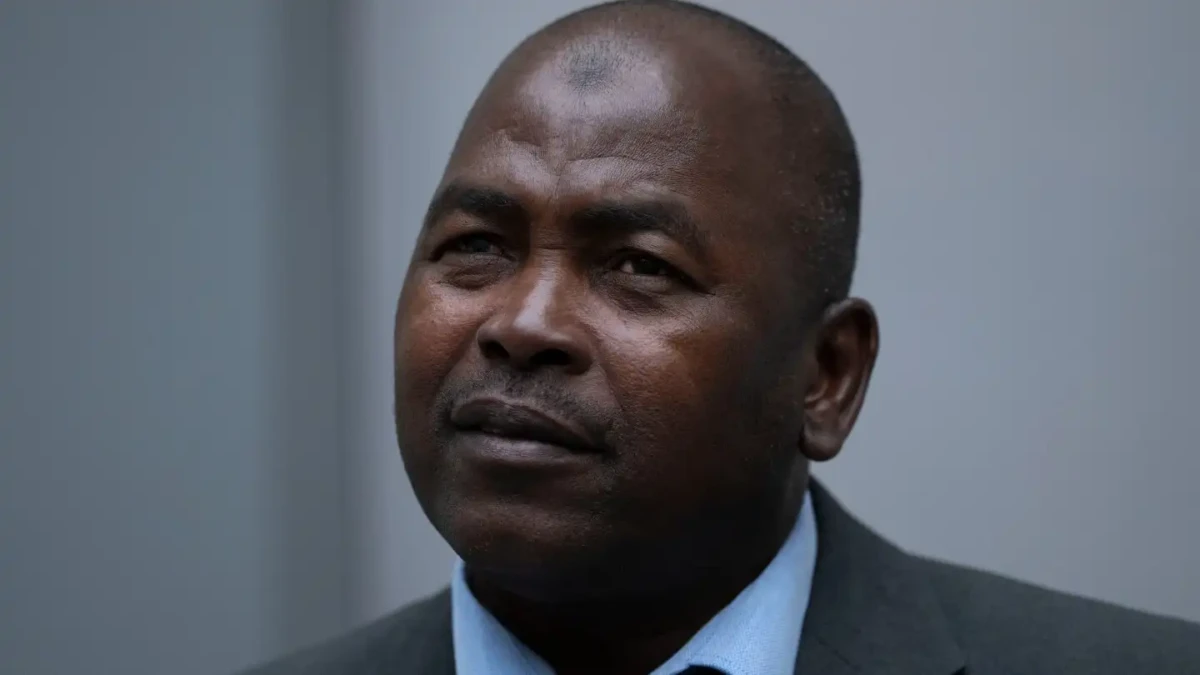
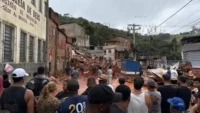
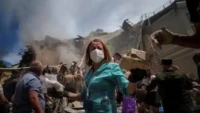

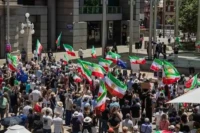


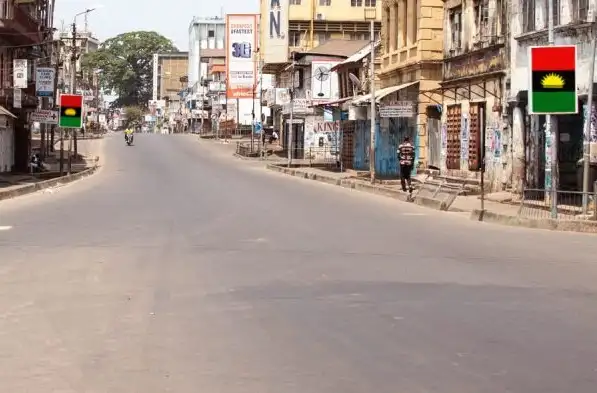
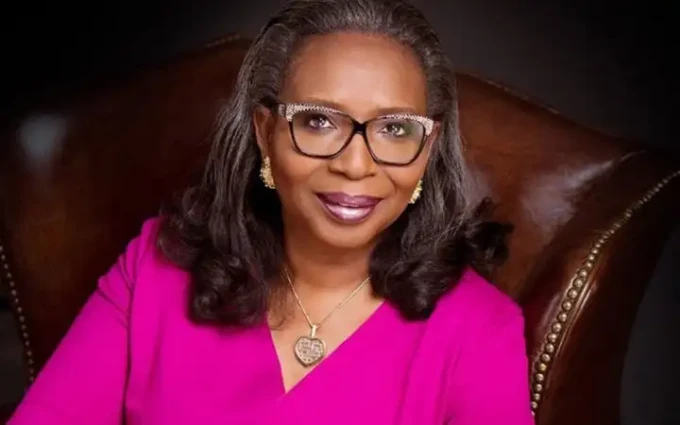
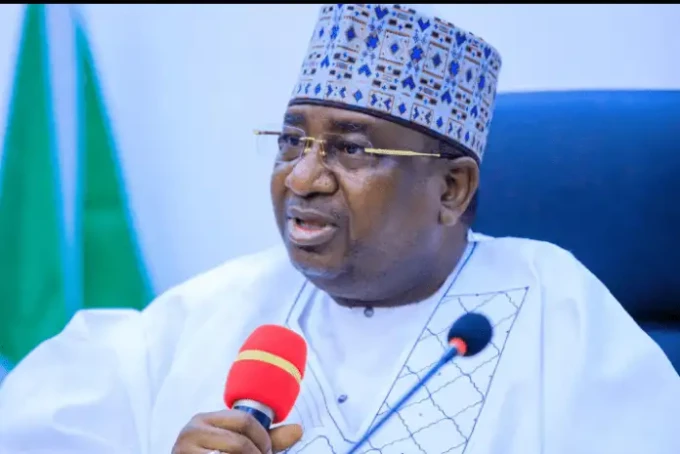
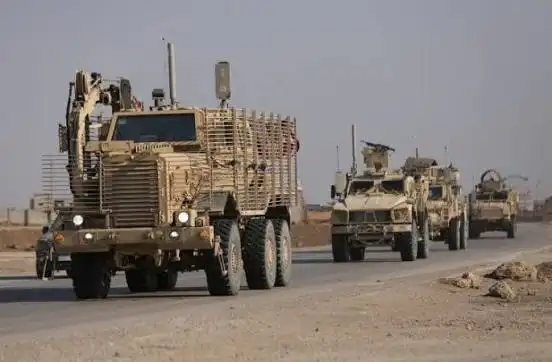
Wow, can you believe the audacity of that militia leader? ICC better bring justice for those mistreated in prison.
I cant believe the audacity of some people to defend such heinous acts. Justice must prevail, no matter who the perpetrator is!
Wow, can we trust the ICC? Seems like theyre always going after the small fish instead of addressing bigger issues.
Do you think the ICC is really making a difference in holding leaders accountable for human rights abuses? Im skeptical.
Wow, do you think the ICC really has enough evidence or is this just another political move? Im curious to hear your thoughts!
Wow, can you believe the audacity of that militia leader? Justice must be served for those who suffered under his watch.
I find it hard to believe that the militia leader was unaware of the mistreatment. Seems fishy to me. What do you all think?
Do you think the ICC has enough evidence to hold the militia leader accountable? Its such a complex issue!
I cant believe the audacity of that militia leader! Justice must be served. ICC needs to hold them accountable.